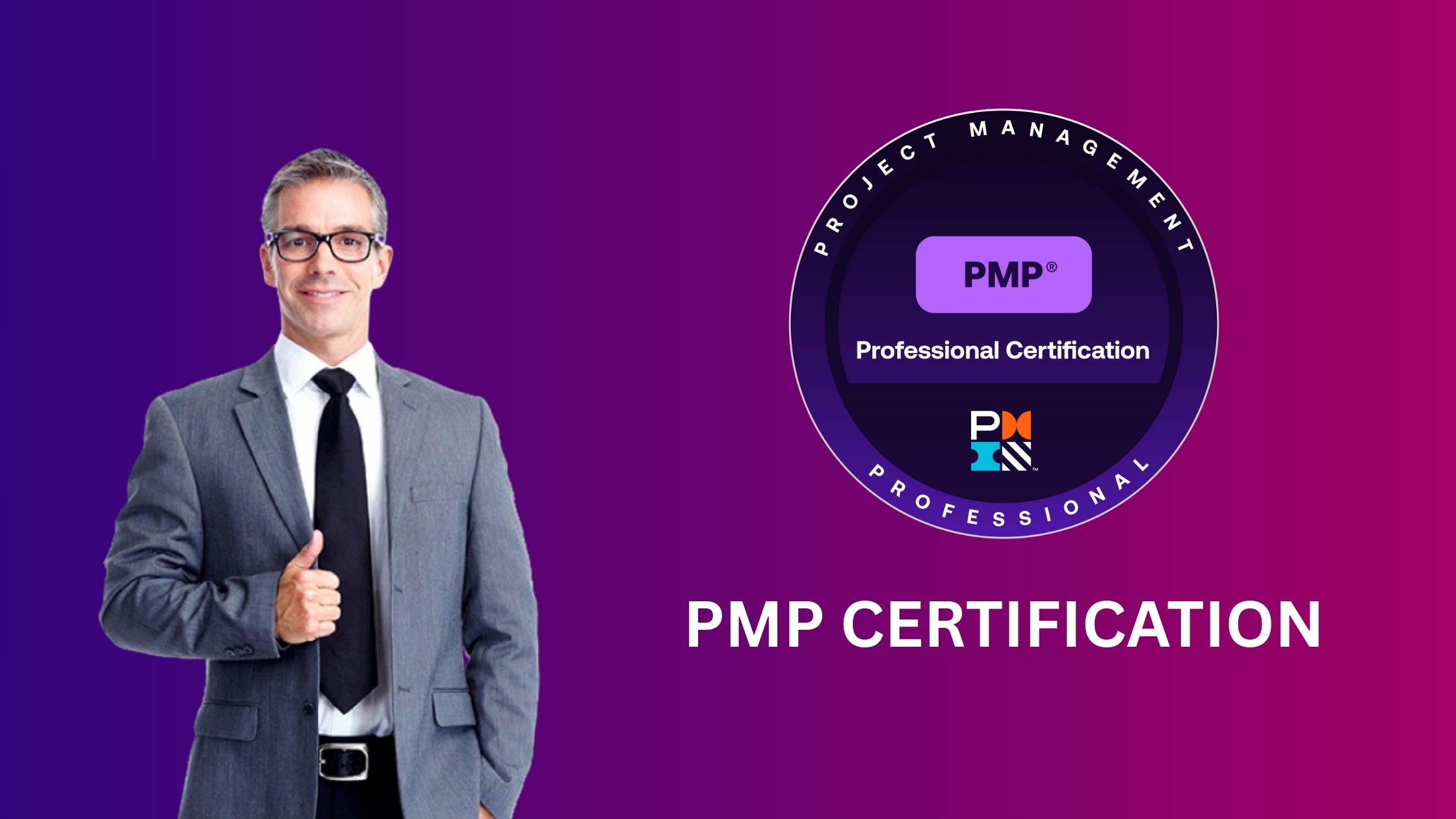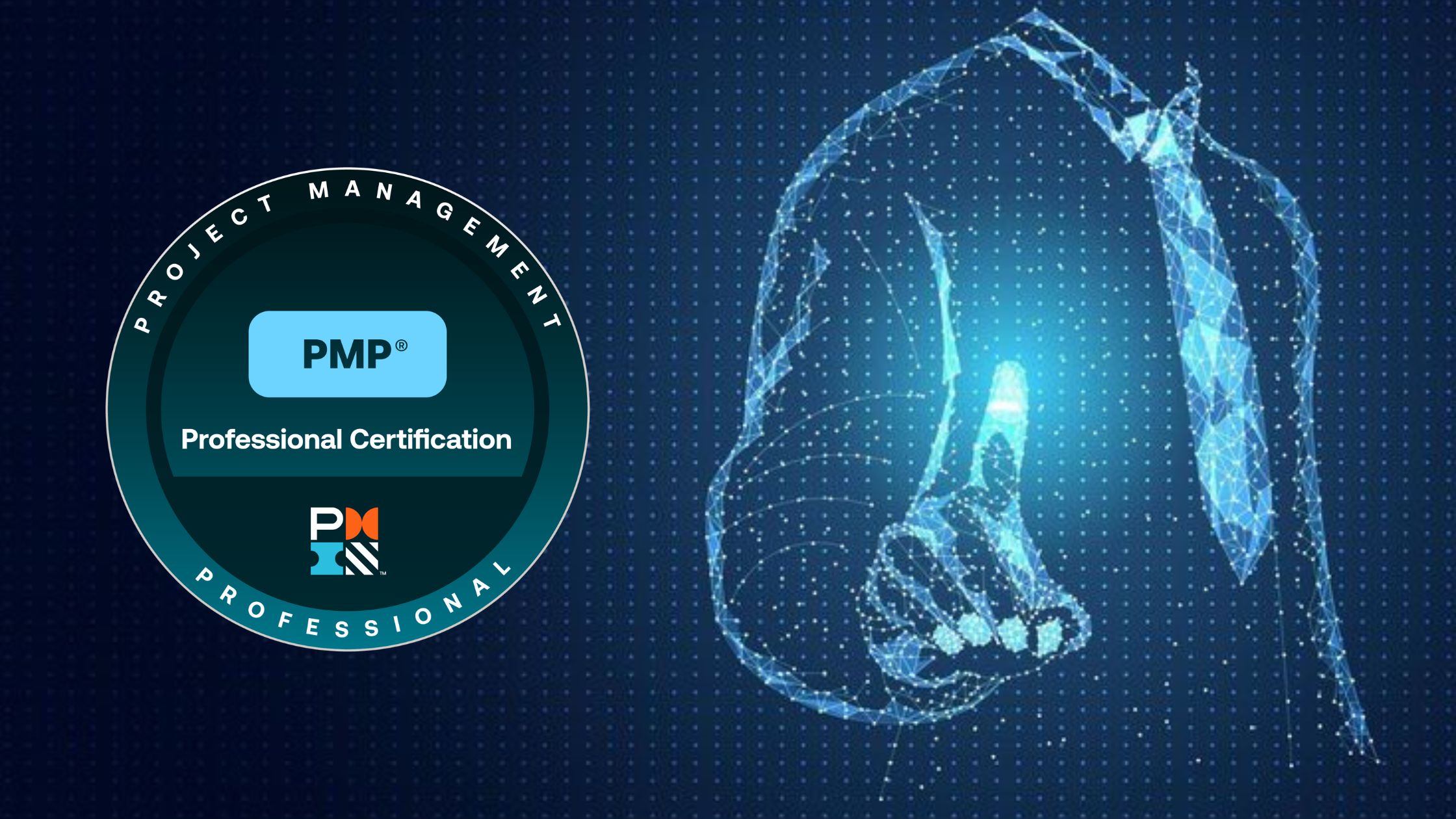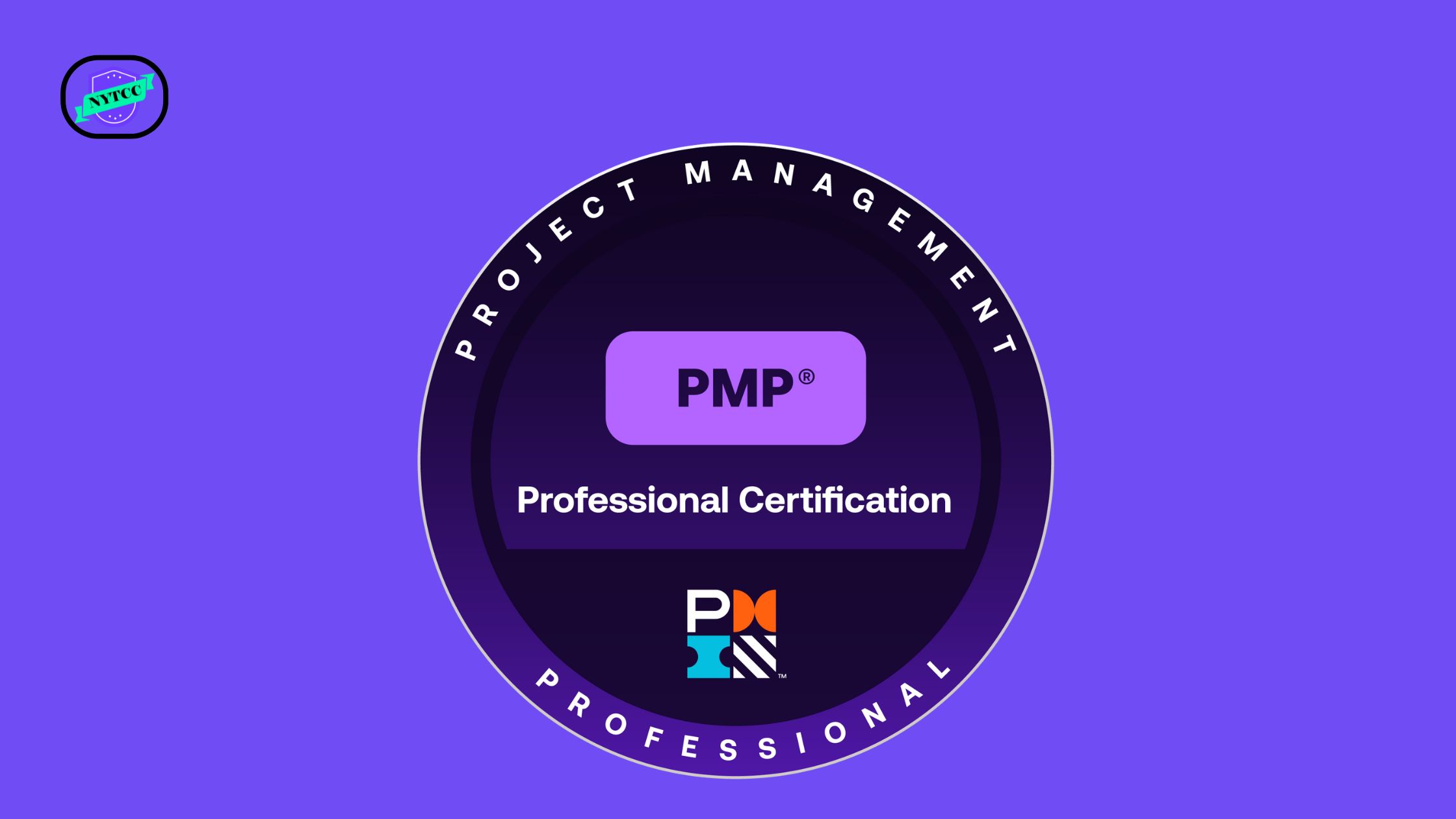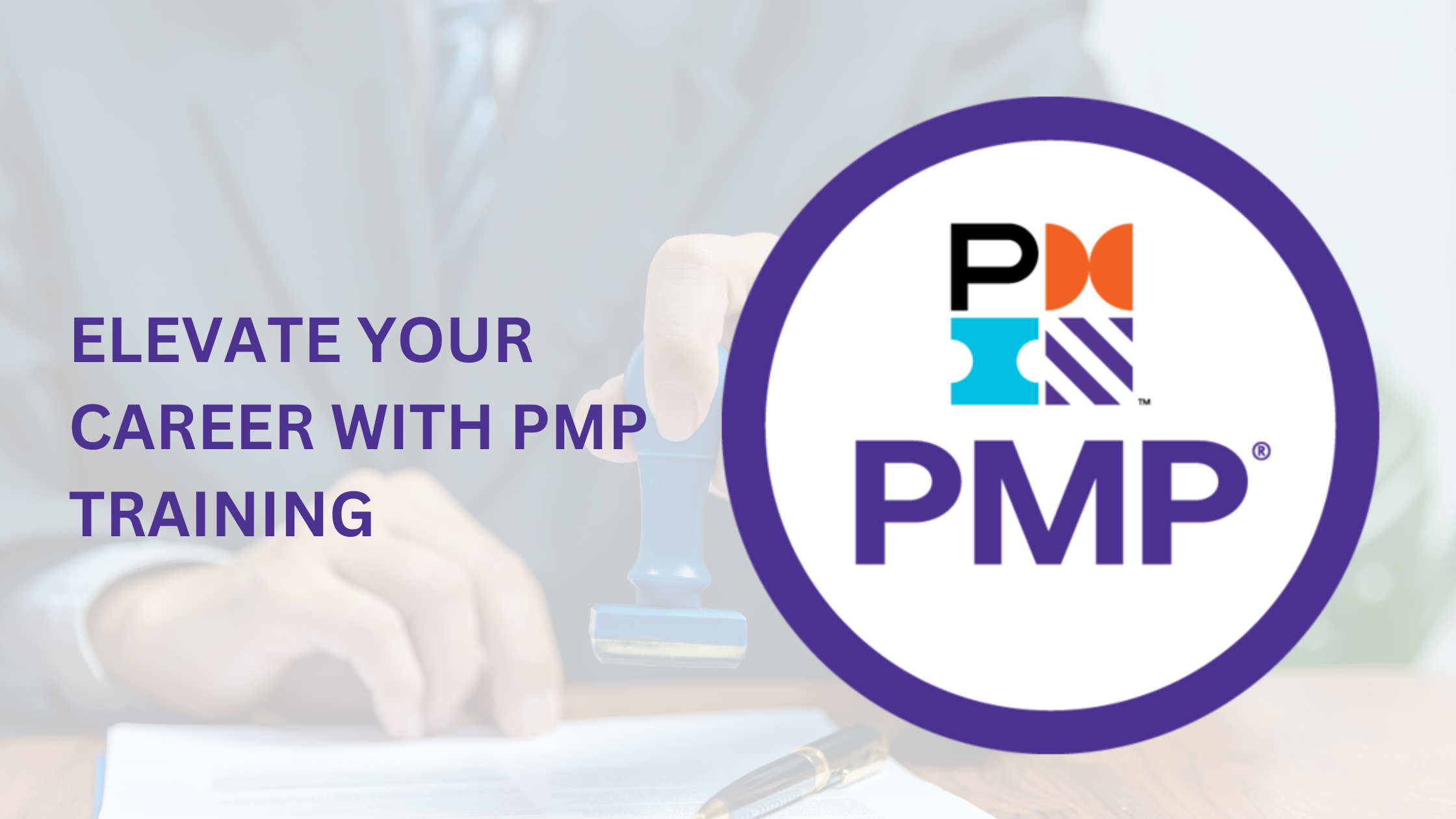Project management is a rapidly evolving profession, and professionals in this field are expected to demonstrate advanced skills, strategic thinking, and strong leadership. The PMP Certification (Project Management Professional) is a globally recognized credential that validates these abilities and helps professionals stand out in a competitive market. In this blog, we’ll explore why PMP certification matters, its benefits, eligibility criteria, and tips to succeed in the exam.
What Is PMP Certification?
PMP Certification is offered by the Project Management Institute (PMI), a globally respected authority in project management. This certification is designed for experienced project managers who are responsible for all aspects of project delivery, leading teams, and driving results. The PMP exam tests a candidate’s ability across three key domains:
- People: Emphasizing soft skills and leadership.
- Process: Reinforcing technical aspects of project management.
- Business Environment: Highlighting the link between projects and organizational strategy.
Holding a PMP credential demonstrates your ability to manage complex projects and lead teams effectively.
Why PMP Certification Matters in Today’s Market
In today’s fast-paced and competitive job market, employers are seeking candidates who can demonstrate proven project management expertise. PMP certification helps professionals validate their skills and stand out in a crowded field. According to PMI’s Earning Power: Project Management Salary Survey, certified PMP holders earn up to 25% more than their non-certified peers. Many large companies and government agencies even list PMP certification as a mandatory requirement for project manager positions. The certification is not just a badge; it signals a commitment to the profession, adherence to global standards, and the ability to deliver successful outcomes.
Key Benefits of Earning the PMP Credential
PMP Certification offers numerous advantages to professionals, employers, and organizations:
1. Higher Salary Potential
Certified project managers typically command higher salaries due to their demonstrated expertise. The PMP credential is often associated with better job security and promotion opportunities.
2. Global Recognition
PMP is recognized in over 200 countries, making it valuable for professionals who work in multinational environments or want to explore international opportunities.
3. Skill Enhancement
Preparing for the PMP exam helps you improve in areas like risk management, scheduling, budgeting, communication, stakeholder engagement, and conflict resolution.
4. Better Job Opportunities
Many top organizations prioritize PMP-certified candidates. This certification opens the door to more job offers, interviews, and contracts in both the private and public sectors.
5. Professional Network
Becoming PMP-certified grants access to PMI's vast global network of professionals, events, and knowledge resources, encouraging lifelong learning and career development.
Who Should Apply for PMP Certification?
PMP certification is best suited for mid-level to senior professionals who have substantial experience in managing projects. You should consider applying if you:
- Lead or manage projects regularly.
- Want to transition into project management roles.
- Are aiming to enhance your credibility and job prospects.
To apply, you must meet the eligibility criteria set by PMI.
PMP Certification Eligibility Requirements
Before applying for the exam, ensure you meet the following requirements: If you hold a four-year degree:
- At least 36 months of project management experience within the past eight years.
- 35 hours of project management education or CAPM® certification.
If you hold a high school diploma or associate degree:
- At least 60 months of project management experience.
- 35 hours of project management education or CAPM® certification.
PMI may audit your application, so keep documentation of your experience and education.
How to Prepare for the PMP Exam
Success in the PMP exam requires structured preparation. Here’s a step-by-step guide:
1. Understand the Exam Format
The PMP exam consists of 180 questions (multiple choice, multiple responses, matching, hotspot, and limited fill-in-the-blank), to be completed in 230 minutes.
2. Study the PMBOK® Guide
PMI’s A Guide to the Project Management Body of Knowledge (PMBOK® Guide) is the core reference for the exam. It outlines the standardized best practices in project management.
3. Take a PMP Prep Course
Enroll in a PMP exam prep course (online or in-person) to fulfill the 35-hour training requirement. These courses also offer valuable exam strategies and practice questions.
4. Use Practice Tests
Practice exams simulate the actual test and help you gauge your readiness. Focus on your weak areas and revisit those topics regularly.
5. Join Study Groups or Forums
Being part of a study group provides motivation, diverse perspectives, and opportunities to clarify doubts with peers.
6. Create a Study Plan
Divide your preparation into weekly goals and stick to a schedule. Consistency and dedication are key to success.
Maintaining Your PMP Certification
After earning the certification, it’s important to maintain it by earning 60 professional development units (PDUs) every three years. These PDUs can be earned through activities like attending workshops, creating content, or working as a project manager. PMI offers various Continuing Certification Requirements (CCR) programs to help you keep your certification active and grow professionally.
Final Thoughts: Is PMP Certification Worth It?
The answer is a resounding yes. Whether you are an aspiring project manager or a seasoned professional, PMP certification can significantly impact your career trajectory. It demonstrates your commitment to excellence, enhances your skills, and increases your marketability. As businesses grow more complex, the demand for certified project managers continues to rise. By investing in PMP certification, you're not only improving your knowledge but also future-proofing your career in a dynamic global market.





